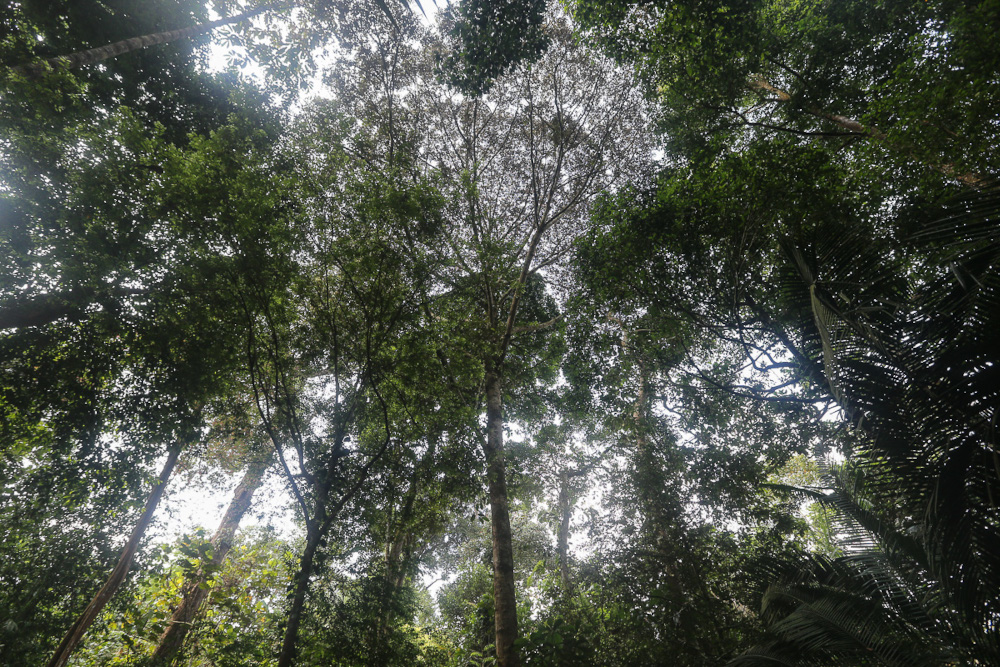KOTA KINABALU, Jan 18 — Sabah aims to earn up to RM5.6 billion annually by leveraging on its forests in carbon credit and other nature monetising deals, said deputy chief minister Datuk Seri Jeffrey Kitingan.
The state agriculture and fisheries minister said the state has taken steps to modernise the industry and create a new source of income by monetising Sabah’s many natural assets.
“This funding with nature conservation and carbon trading will unlock the conservation assets. We expect to raise RM2.2 billion to RM5.6 billion annually without cutting a single tree, and at the same time, preserve and safeguard the interests of indigenous communities,” he said.
“The success of the Nature Conservation Agreement is expected to attract private funding of up to US$10 billion (RM41.8 billion).”
Kitingan said this during his speech at the Sabah International Business and Economic Summit here today.
“At the same time, we will be deploying innovative technologies such as satellite services, usage of drones and AI Artificial Intelligence.
With these, Sabah will be moving into a green and circular economy, while complying with the United Nation’s 17 sustainable development goals.
With this nature conservation funding, the state aims to strengthen deliveries and implementation of its Sabah Maju Jaya programmes whose aim is to accelerate economic growth and eradicate rural poverty through three main thrusts: agriculture, industry and tourism.
Sabah recently came under scrutiny from conservation groups for a controversial carbon credit deal that could see up to two million hectares, or more than half of Sabah’s forests, being put up for a pilot project.
The deal, named the Nature Conservation Agreement or NCA, drew flak for its lack of transparency, and for also involving a little-known Singapore-based firm that was to receive 30 per cent of profits.
Since then, civil and conservation groups have protested the agreement, while Sabah Chief Minister Datuk Seri Hajiji Noor reassured them that the government will take all the necessary precautions to ensure state interests come first.



















